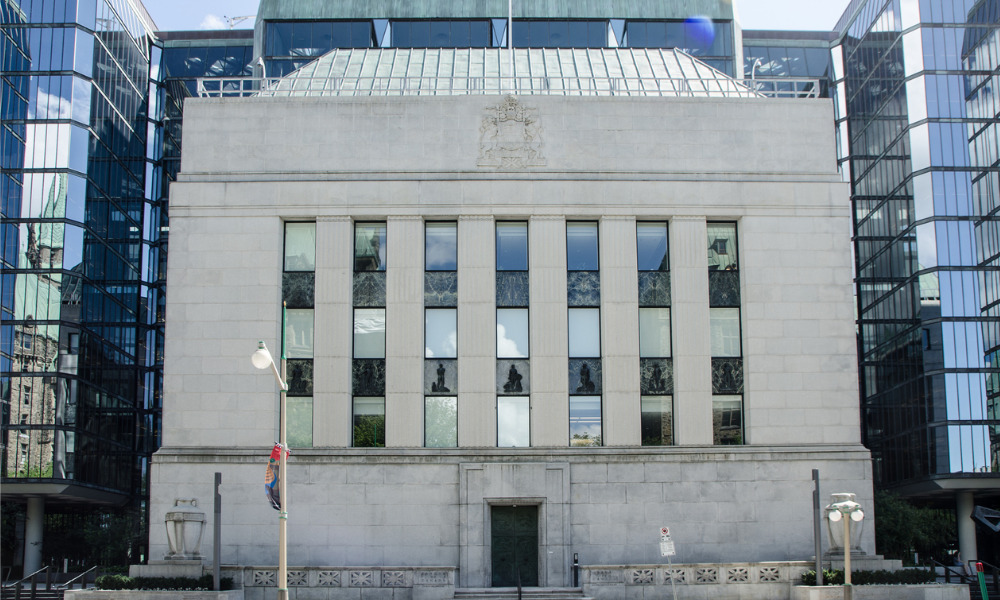However, the central bank should stay its course when it comes to its inflation-moderation strategy, economists say

Nearly nine out of 10 economists recently polled by Finder agreed that there is a direct correlation between interest rate hikes and unemployment levels.
The unemployment rate increased for the first time in seven months with a 5.4% uptick in August, amid the Bank of Canada’s supersized rate hikes. However, most economists (91%) surveyed by Finder maintained that the central bank should remain focused on taming inflation.
“The economic well-being of Canadians and companies cannot improve without getting inflation under control,” said Sebastien Lavoie, chief economist at Laurentian Bank Financial Group. “The 1970s brought a negative return [to] typical [investor] portfolios and the EPS growth in equities was non-existent.”
Any risk of “lacklustre” investor returns will be more than outweighed by reduced economic volatility.
“The lesser of the two evils is a short-term recession,” Lavoie added.
Read more: How are Canadians’ household finances fairing amid rate hikes?
Still, the more expensive mortgages that would come about as a result of the rate hikes would put a pause on consumers’ discretionary spending over the next 12 months, 88% of polled economists said.
“That extra cost has to come from somewhere, and discretionary spending is the first to go,” said Moshe Lander, professor at Concordia University. “Given that the Bank of Canada is not done yet, more Canadians will get caught in this situation over the coming months and the impact is likely to last [for] years.”



